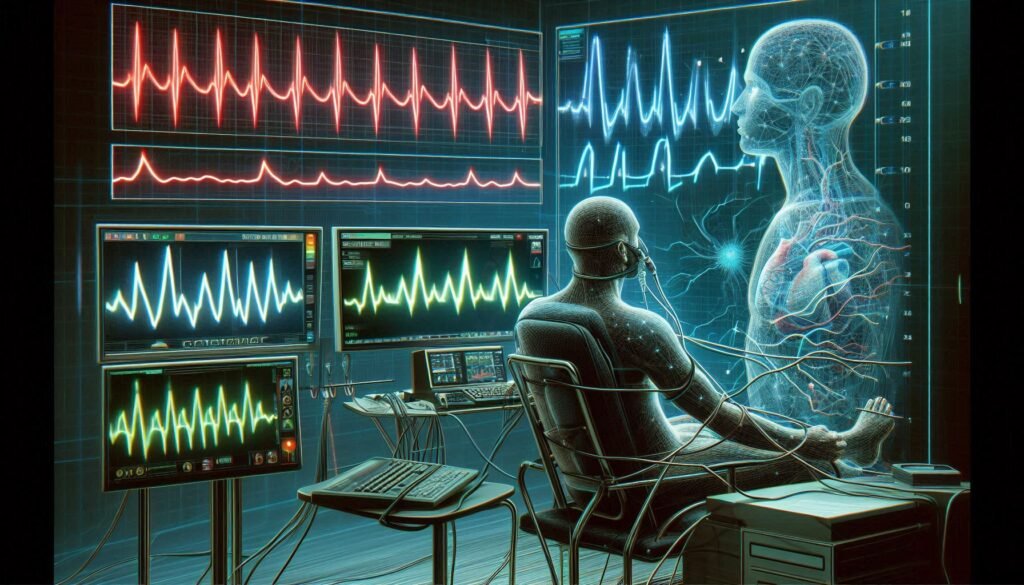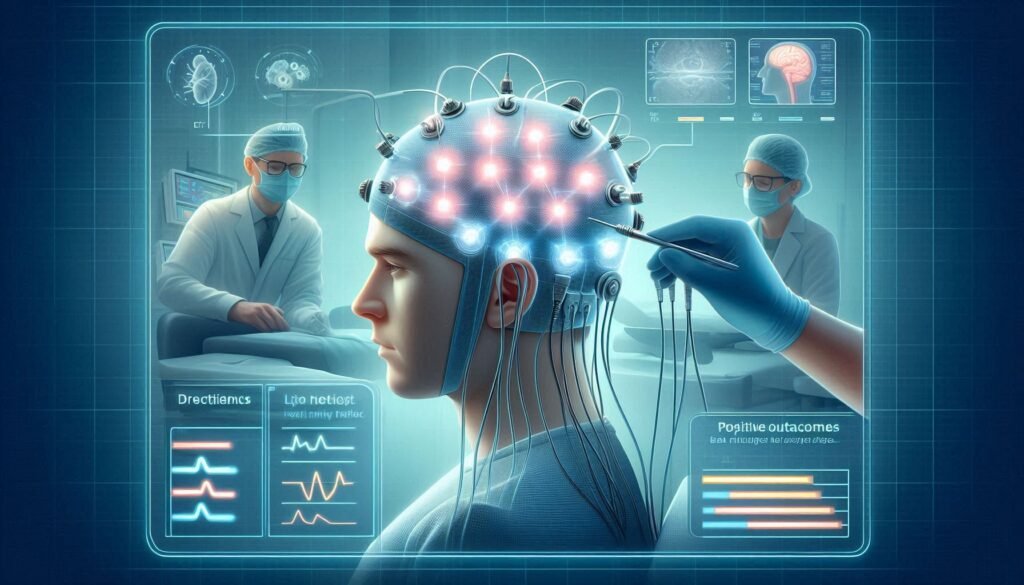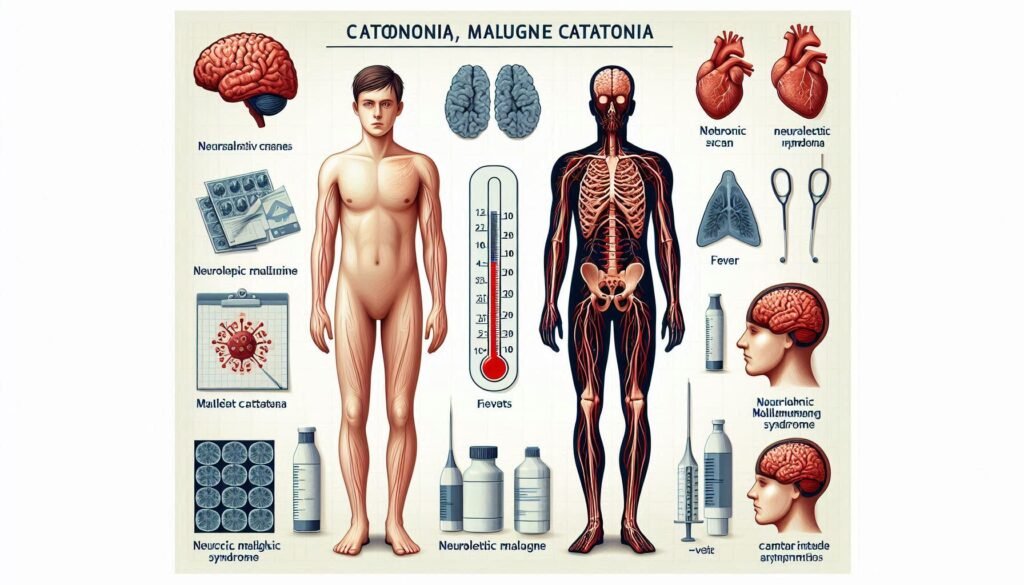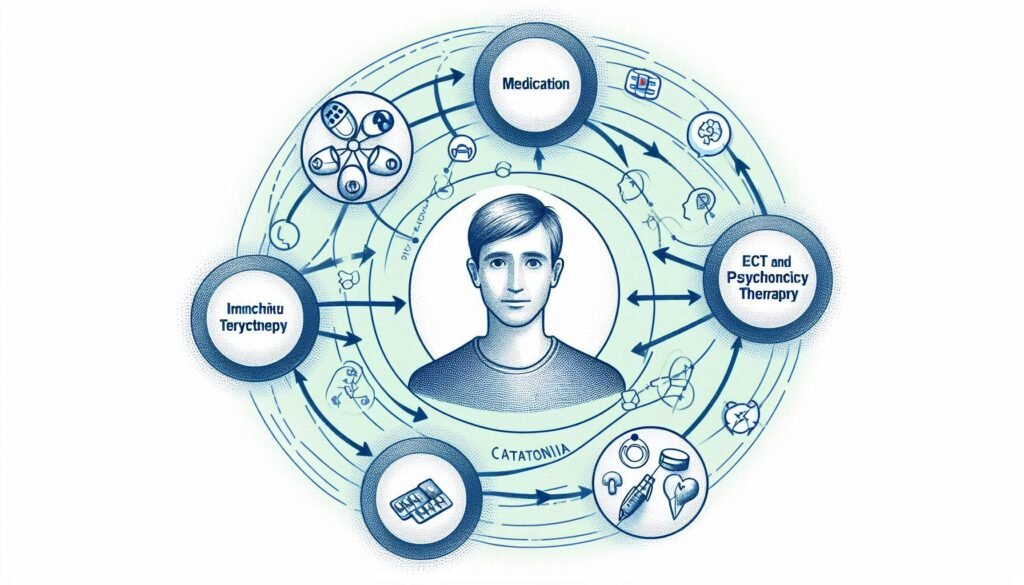Stereotypy in Catatonia: Repetitive Movements and Their Significance
Stereotypy in catatonia is a fascinating yet complex phenomenon that has intrigued mental health professionals and researchers alike. Characterized by repetitive movements or behaviors, it often manifests in individuals experiencing catatonic states—a condition typically marked by unresponsiveness or extreme agitation. Understanding the nuances of stereotypic movements can shed light on their implications for both diagnosis […]
Stereotypy in Catatonia: Repetitive Movements and Their Significance Read More »









